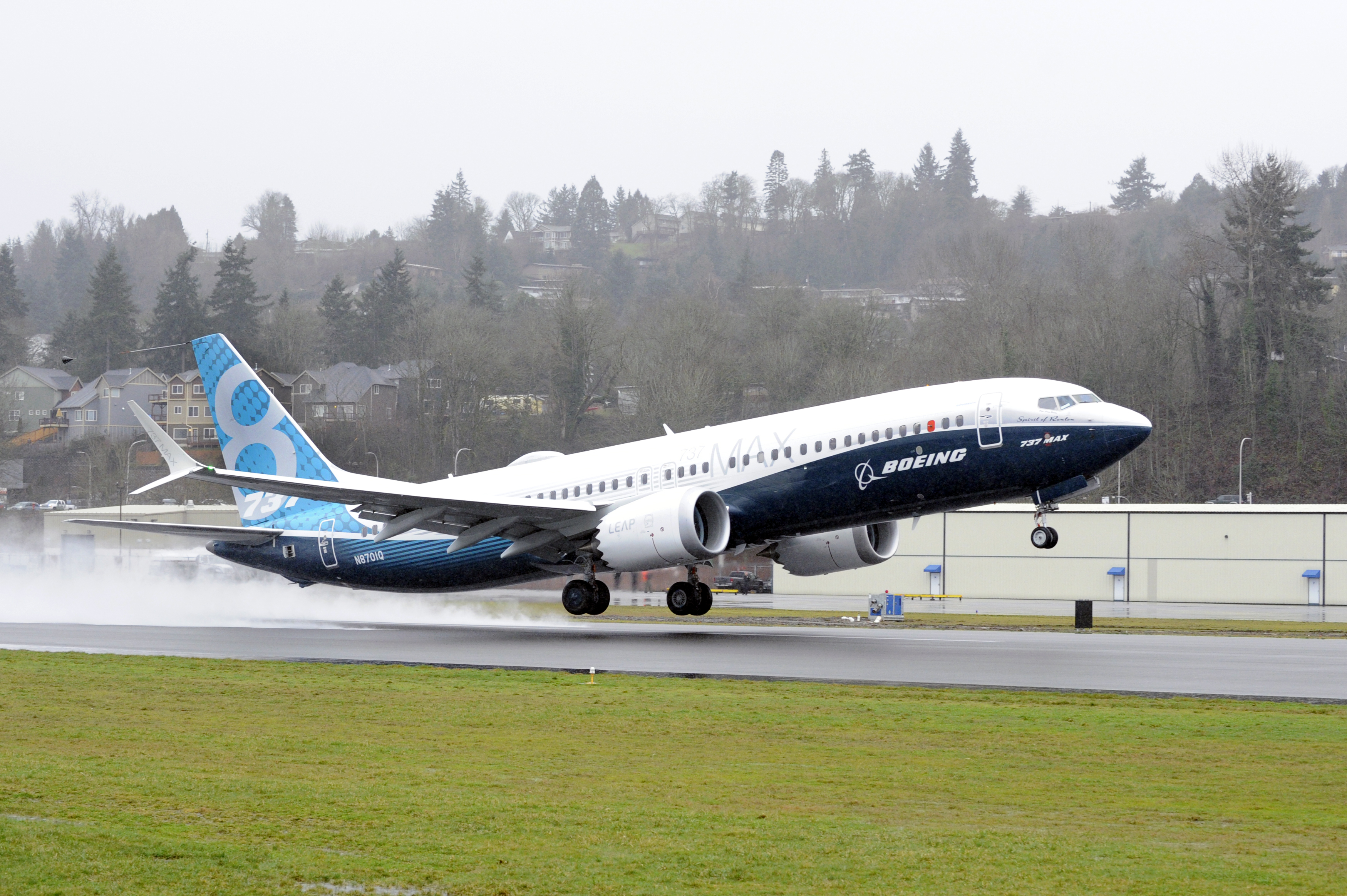
In April last year, Delta Air Lines Co. (NYSE: DAL) placed an order with Canada’s Bombardier for 75 of the company’s CS100 passenger jets and an option on an additional 50. The Canadian firm beat out Boeing Co. (NYSE: BA) for the order and Boeing fought back by making a case to the U.S. International Trade Commission (ITC) that Bombardier’s pricing was “absurdly low” and demanding that the U.S. impose a tariff on the planes.
The ITC sided with Boeing and sent the case on to the U.S. Department of Commerce, which is due to make a decision by Monday, September 25. A decision in Boeing’s favor is expected, but that does not mean that the dispute will end.
U.K. Prime Minister Theresa May is under some political pressure to push back on Boeing’s complaint because her coalition government depends on the support of Northern Ireland’s Democratic Unionist Party (DUP) and Bombardier is Northern Ireland’s largest private employer. The Canadian firm builds wings for the C Series aircraft in Belfast.
May has already spoken once with President Trump on the issue and is expected to bring it up again when she visits the United States this week to attend the meeting of the UN General Assembly. Without the support of the DUP, May’s leadership of the U.K. government very likely comes to an end.
What does Boeing do? The U.S. company sells a lot of planes to U.K. buyers, including both military and commercial customers. Canada’s Prime Minister, Justin Trudeau, also has questioned his country’s contract to acquire more military planes from Boeing if the company continues to pursue a tariff on planes involved in Bombardier’s sale to Delta.
The first of the deliveries to Delta is due next April, and there are several possible outcomes if Boeing should prevail, according to Scott Hamilton of Leeham News and Comment.
First, tariffs could be imposed and held in escrow while Bombardier appeals, as it surely will. The appeal would be made in the U.S. District Court in Washington, D.C. or in the U.S. Court of International Trade.
The Canadian government could appeal to a NAFTA review board. The review board would be made up of representatives from the United States, Canada and Mexico. This probably would not be Boeing’s first choice, but it may be Bombardier’s.
The least desired outcome, probably by both Boeing and Bombardier, is an appeal to the World Trade Organization (WTO). This avenue could take years to reach a decision.
Alternatively, someone (May? Trump?) could persuade Boeing to drop the matter and negotiate a settlement with Bombardier. How likely is that? On the cusp of a decisive victory for Boeing, not very.
Boeing’s stock gained more than $10 a share last week and has added almost $4.50 more in the Monday trading. Shares posted a new 52-week high of $253.66 earlier today, after setting a new high last Friday. The stock’s 52-week low is $127.27, and the consensus price target is $257.25.
It’s Your Money, Your Future—Own It (sponsor)
Retirement can be daunting, but it doesn’t need to be.
Imagine having an expert in your corner to help you with your financial goals. Someone to help you determine if you’re ahead, behind, or right on track. With SmartAsset, that’s not just a dream—it’s reality. This free tool connects you with pre-screened financial advisors who work in your best interests. It’s quick, it’s easy, so take the leap today and start planning smarter!
Don’t waste another minute; get started right here and help your retirement dreams become a retirement reality.
Thank you for reading! Have some feedback for us?
Contact the 24/7 Wall St. editorial team.


